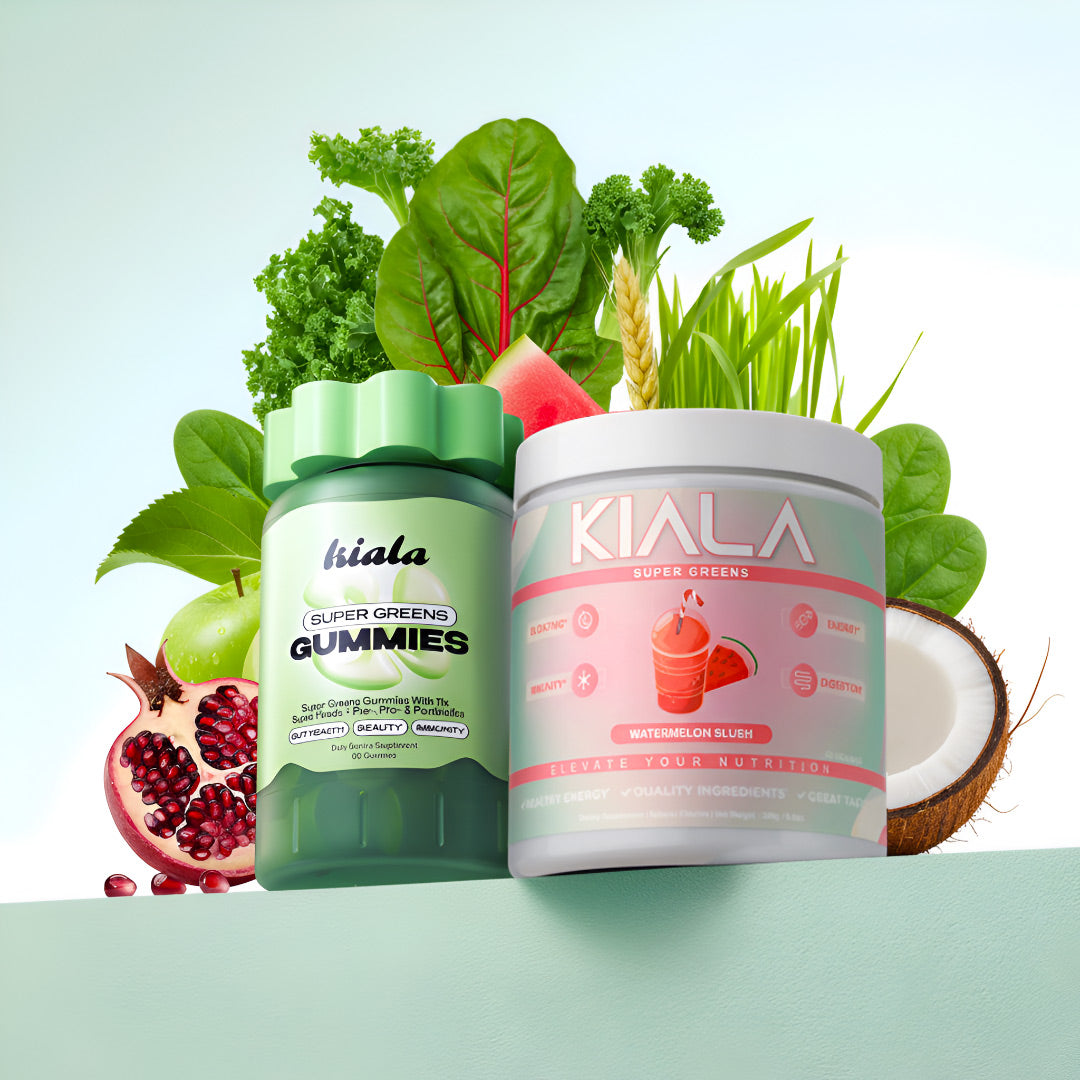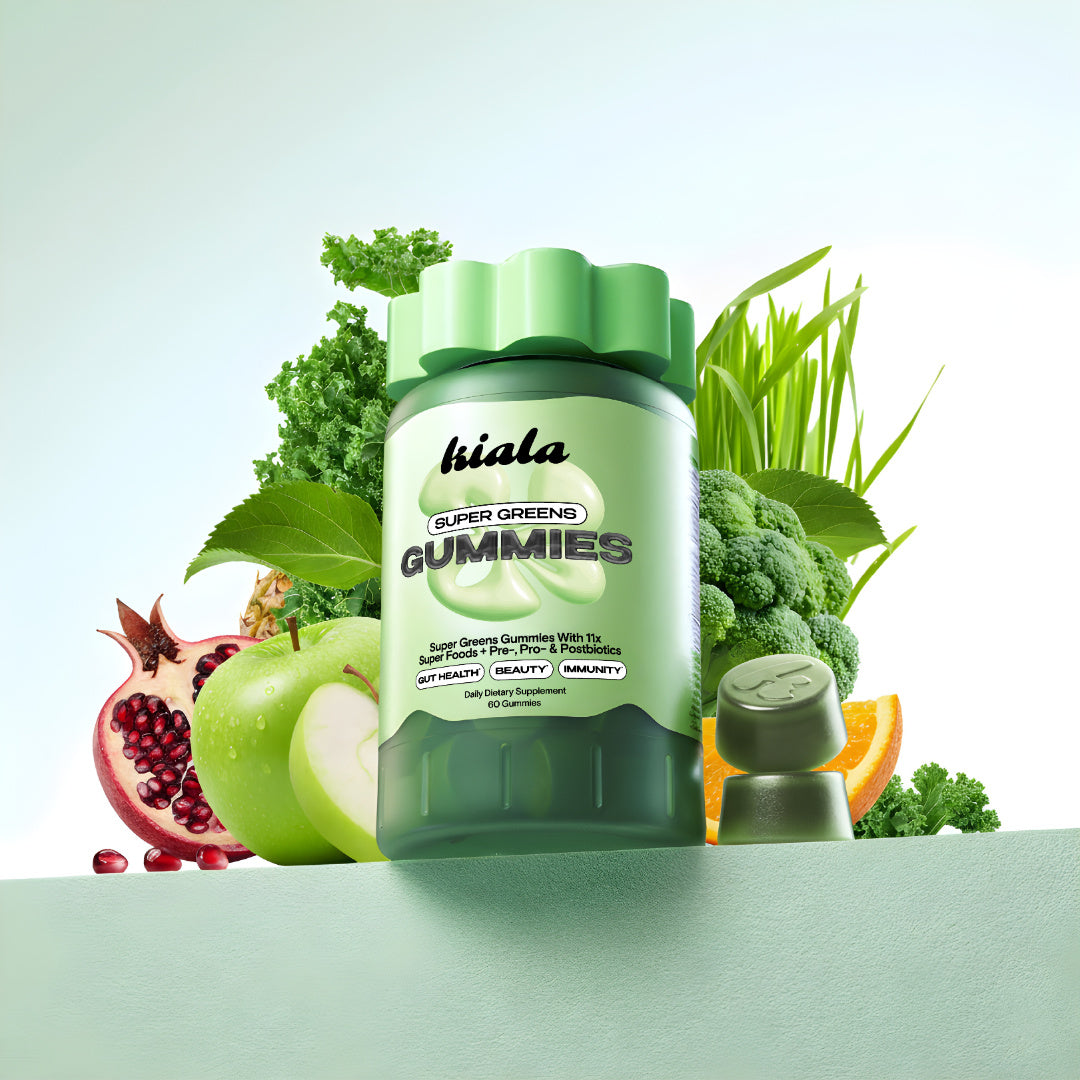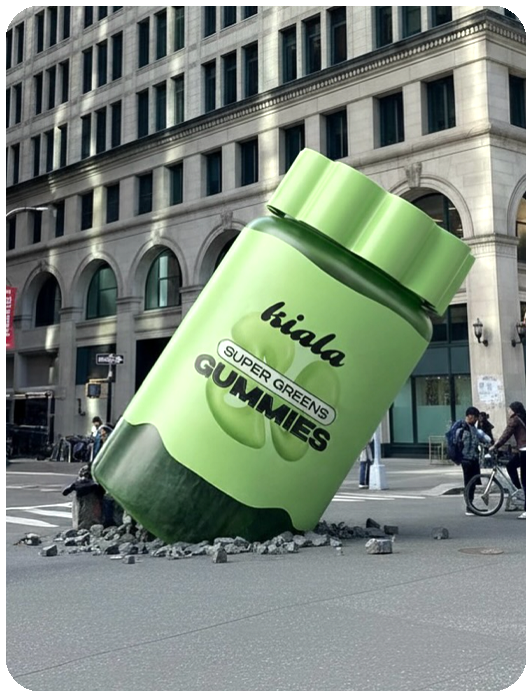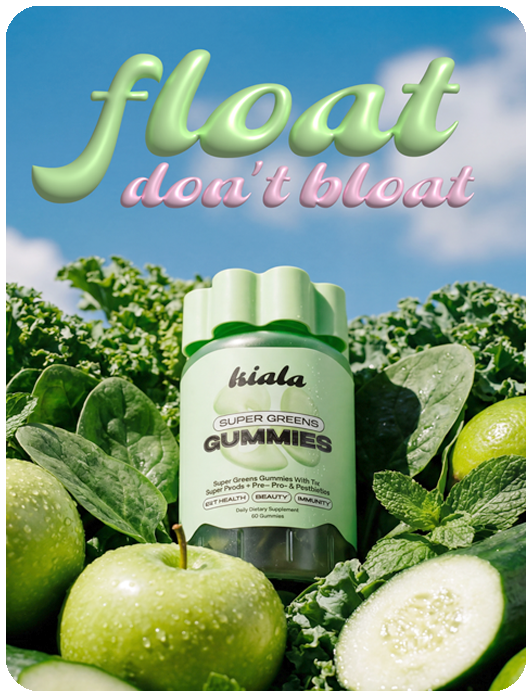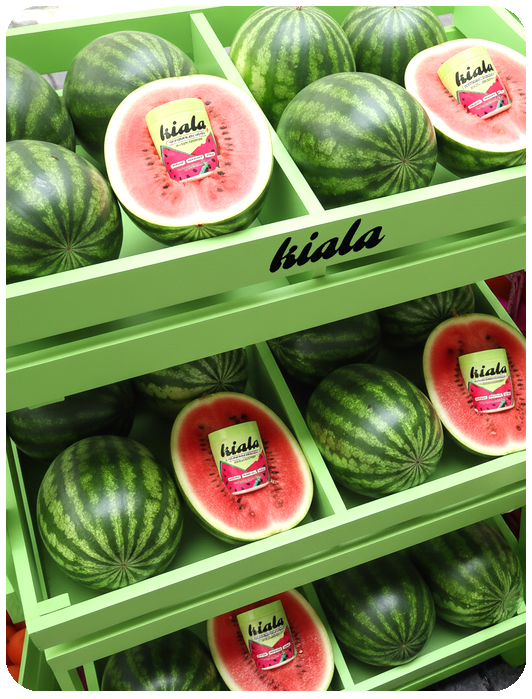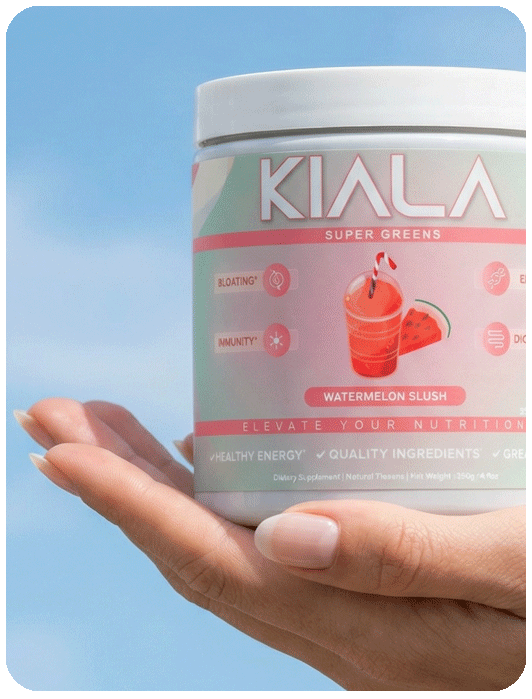The Price of Perfection: Why Restriction Culture Is Aging You Faster
Your food list has more "nos" than "yeses." No gluten, no dairy, no sugar, no fun. You've eliminated so many foods that grocery shopping requires a flowchart, and dining out involves interrogating servers like you're conducting a criminal investigation. You're pursuing perfect health through perfect restriction, but your stress levels are through the roof and you look more exhausted than ever.
Here's the plot twist: your quest for nutritional perfection might be aging you faster than the foods you're avoiding.
The Restriction Epidemic
We're living through an era of unprecedented food fear. What started as legitimate concerns about processed foods has morphed into an anxiety-driven culture where elimination diets are worn like badges of honor and food restriction is mistaken for health optimization.
Dr. Christy Harrison, registered dietitian and author of "Anti-Diet," explains: "Diet culture has rebranded itself as wellness culture, but the underlying message remains the same: your body can't be trusted, and you need external rules to control your eating."
The Perfectionism Trap
The All-or-Nothing Mentality: Restriction culture promotes the idea that one imperfect food choice ruins everything. This binary thinking creates massive stress around eating—stress that's arguably more harmful than moderate amounts of "imperfect" foods.
The Control Illusion: Believing you can control every aspect of your health through dietary restriction creates a false sense of security while generating constant anxiety about making the "wrong" choices.
The Moving Goalposts: Restriction culture is never satisfied. As soon as you eliminate one category of foods, new "dangerous" ingredients are identified. The list of acceptable foods keeps shrinking while stress keeps increasing.
The Physiological Cost of Food Stress
When you're constantly worried about what you're eating, your body pays a price that extends far beyond nutrition.
Cortisol and Aging: Chronic stress from food anxiety elevates cortisol, which accelerates aging through multiple pathways. Dr. Sara Gottfried, hormone specialist, notes: "Chronic cortisol elevation breaks down collagen, impairs cellular repair, and accelerates biological aging more than most dietary choices ever could."
The Inflammation Paradox: Stress triggers systemic inflammation—the same inflammation that restrictive diets claim to prevent. You might be avoiding inflammatory foods while creating inflammation through food-related anxiety.
Nutrient Deficiency Through Elimination: Eliminating entire food groups often leads to nutrient deficiencies that accelerate aging. When avoidance becomes extreme, you risk missing essential nutrients that support longevity and vitality.
The Social and Mental Health Impact
Relationship Strain: Food restriction affects relationships. Social eating becomes stressful, and the constant vigilance around food choices can isolate you from friends and family.
Mental Energy Depletion: Constantly thinking about food rules uses cognitive resources that could be directed toward more fulfilling pursuits. Decision fatigue from food restriction leaves less mental energy for other aspects of life.
The Pleasure Factor: Eliminating food enjoyment removes one of life's simple pleasures. The stress of joyless eating often outweighs any potential benefits from dietary perfection.
The Orthorexia Reality
When Healthy Becomes Unhealthy: Orthorexia—obsession with eating only "healthy" foods—is increasingly common in wellness culture. Dr. Steven Bratman, who coined the term, explains: "Orthorexia starts with good intentions but becomes a prison of food rules that damage both physical and mental health."
The Anxiety Cycle: Food restriction often increases anxiety around eating, creating a cycle where more restriction feels necessary to manage the anxiety that restriction itself created.
The Identity Problem: When dietary choices become identity, any deviation feels like a personal failure rather than a normal part of flexible eating.
The Biological Wisdom of Variety
Evolutionary Perspective: Humans evolved eating diverse, seasonal diets without eliminating entire food groups. Our bodies are designed to handle variety, not nutritional perfectionism.
Microbiome Diversity: Restrictive diets reduce gut microbiome diversity, which is associated with poorer health outcomes. The microbiome thrives on dietary variety, not elimination.
Metabolic Flexibility: Constantly avoiding certain macronutrients can reduce your body's ability to efficiently process them when consumed, creating more sensitivity over time.
The Nutrient Insurance Approach
Instead of restriction, consider comprehensive nutrition that provides insurance against deficiencies.
The Foundation Strategy: Rather than eliminating foods, focus on adding nutrient-dense options that support overall health. Quality supergreens provide comprehensive nutrition that allows for dietary flexibility without nutrient gaps.
The 80/20 Principle: Focus on nutrient-dense choices 80% of the time while allowing flexibility for social situations and food enjoyment. This approach is more sustainable and less stressful than perfection.
The Positive Addition: Instead of asking "what should I eliminate?" ask "what can I add to support my health?" This mindset shift reduces anxiety while improving nutrition.
The Stress-Nutrition Connection
Quality Over Perfection: A moderate diet consumed with pleasure and low stress is often healthier than a "perfect" diet consumed with anxiety and restriction.
The Absorption Factor: Stress impairs nutrient absorption. You could be eating the most nutritious foods available, but if you're stressed about your choices, your body can't utilize them effectively.
The Sustainable Approach: Sustainable health practices reduce stress and are maintainable long-term. Extreme restriction is neither sustainable nor health-promoting when it creates chronic stress.
The Age-Accelerating Factors
Sleep Disruption: Food anxiety often disrupts sleep as people worry about their choices or plan their next day's eating. Poor sleep accelerates aging more than most dietary choices.
Social Isolation: Avoiding social eating situations leads to isolation, which is strongly associated with accelerated aging and increased mortality risk.
Chronic Inflammation: The stress response from food restriction creates chronic low-grade inflammation that accelerates aging at the cellular level.
The Practical Alternative
Comprehensive Nutrition: Instead of eliminating everything potentially problematic, focus on comprehensive nutrition that provides broad-spectrum support. With over 1 million women incorporating supergreens into their flexible eating routines, it's clear that addition rather than subtraction can be effective.
The Morning Foundation: Starting your day with nutrient-dense supergreens provides nutritional security that allows for flexibility throughout the day without anxiety about perfect choices.
Quality and Convenience: Choose organic, comprehensive formulations that provide peace of mind without perfectionism. When you know your nutritional bases are covered, you can relax about individual food choices.
The Freedom Approach
Permission to Be Human: Your body is resilient and designed to handle imperfection. Give yourself permission to eat imperfectly while focusing on overall patterns rather than individual choices.
The Pleasure Principle: Food enjoyment and social connection around eating contribute to longevity and life satisfaction. These factors matter as much as nutritional content.
The Long Game: Sustainable health practices that you can maintain for decades are more valuable than perfect practices that create stress and aren't maintainable long-term.
Beyond the Fear
Trust Your Body: Your body has remarkable adaptive capabilities. Trust that it can handle variety and imperfection while supporting it with consistent, high-quality nutrition.
Focus on Addition: Instead of restriction, focus on adding nutrient-dense foods and practices that support your health without creating anxiety.
The Flexibility Factor: Health is about resilience and adaptability, not rigid adherence to dietary rules. Flexibility in eating patterns often correlates with better health outcomes.
The Bottom Line
The pursuit of perfect nutrition through restriction often creates more problems than it solves. The stress of food perfectionism can accelerate aging more than moderate amounts of "imperfect" foods ever could.
Real health comes from finding a sustainable balance that nourishes your body without consuming your mental energy. Sometimes the healthiest choice is the one that allows you to enjoy life while supporting your body with quality nutrition.
Your worth isn't determined by your dietary perfection. Your health goals should enhance your life, not restrict it to the point of anxiety and isolation.
Choose practices that you can maintain with joy and ease. Your future self will thank you for prioritizing both physical and mental wellbeing over nutritional perfectionism.
Sources:
-
Harrison, C. (2019). Anti-Diet: Reclaim Your Time, Money, Well-Being, and Happiness Through Intuitive Eating. Little, Brown Spark.
-
Gottfried, S. (2017). Younger: A Breakthrough Program to Reset Your Genes, Reverse Aging, and Turn Back the Clock 10 Years. HarperOne.
-
Bratman, S. (1997). Original essay on orthorexia. Yoga Journal.
-
Kessler, H. S., et al. (2012). The potential for high-intensity interval training to reduce cardiometabolic disease risk. Sports Medicine, 42(6), 489-509.
Ready to embrace nourishing nutrition without the restriction stress? Discover comprehensive supergreens that provide nutritional confidence with flexibility. Sometimes the healthiest choice is the one that brings you peace.
